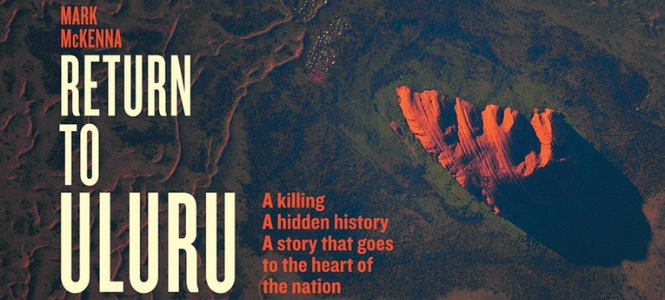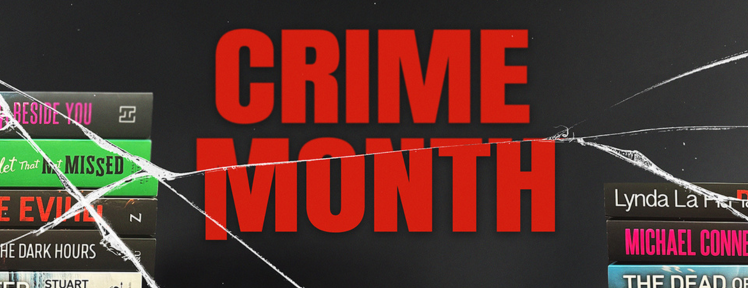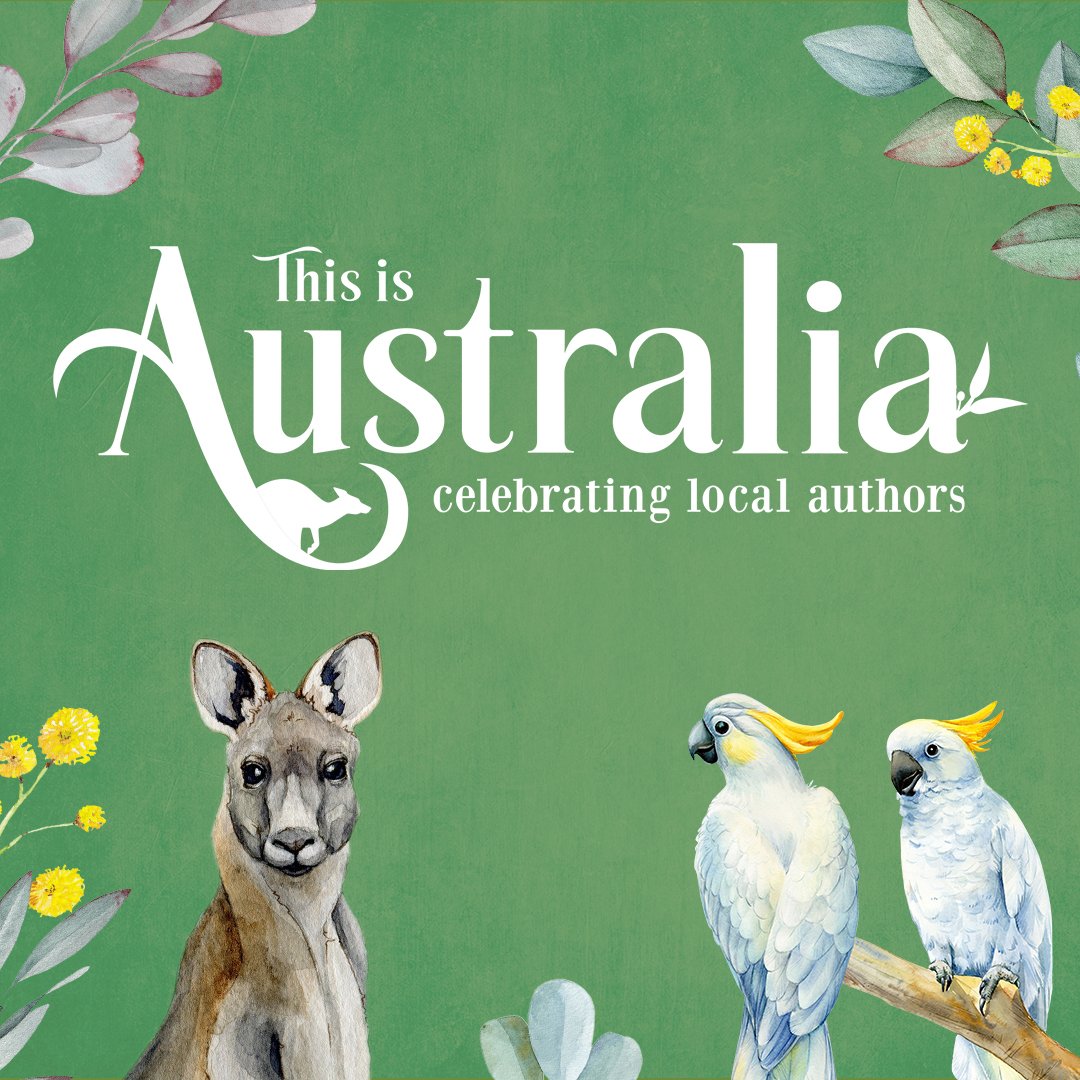Mark McKenna is one of Australia’s leading historians, based at the University of Sydney. He is the author of several prize-winning books, including From the Edge: Australia’s Lost Histories, Looking for Blackfellas’ Point and An Eye for Eternity: The Life of Manning Clark, which won the Prime Minister’s Literary Award for nonfiction and the Victorian, New South Wales, Queensland and South Australian premiers’ awards.
Today, Mark is on the blog to answer some of our questions about Return to Uluru, his brand new book about a cold case that goes to the heart of the nation. Read on …
Please tell us about your book, Return to Uluru.
MM: It tells the story of the shooting of an Aboriginal man (Yokununna) by a policeman (Bill McKinnon) at Uluru in 1934. I’ve also tracked the afterlife of the story down to the present.
I think I’ll only come across a story like this once in my life. It’s extraordinary to see how it unfolds.
How did you come across the 1934 shooting at Uluru of Aboriginal man Yokunnuna by a white policeman? What made you realise that it was a story that needed to be told today?
MM: I’d known about it for a long time, but it was only when I started to find out more about Bill McKinnon’s life that I discovered things that demanded to be told.
What is the significance of the shooting’s location (Uluru) to the case as a whole?
MM: I’d like my readers to come to their own views about this question. I’ve tried to tell the story without coming in over the top and telling the reader what to think. But the significance of Uluru as the location for this story is undeniable.
You talked with the families of both Yokunnuna and his killer, Bill McKinnon. What was the most surprising thing you discovered when you did?
MM: The biggest discoveries came when I tracked down Bill McKinnon’s daughter in Brisbane. She kindly invited me to her home and look through some of her father’s things that were still in the garage. There, I found all of McKinnon’s journals and logbooks, one of which he kept on the morning after the shooting at Uluru in 1934 and completely overturned our understanding of what happened.
I’ve also travelled to Uluru to talk to Sammy Wilson, who is one of the senior custodians of Uluru, and the grand-nephew of Yokunnuna. Sammy’s detailed knowledge of the story and its importance for the Anangu is very much a part of the story I tell in the book. I couldn’t have got there without him.
‘It’s impossible to understand the society we live in without understanding the ideas and forces that have shaped it over time.’
What do you think Return to Uluru adds to the current dialogue around police violence and the Black Lives Matter movement?
MM: It shows how long we’ve been dealing with these issues. Racial inequality and injustice is deeply embedded in our society. The Black Lives Matter movement speaks directly to Australia’s history of racism. I hope that my book adds to that discussion and helps us see the urgency of redressing long-standing areas of injustice.
What purpose do you think the study and writing of history serves for society today?
MM: Just a small question! History serves many purposes, largely depending on who’s using it. But it’s impossible to understand the society we live in without understanding the ideas and forces that have shaped it over time. We’re storytellers and without history we’re rudderless. I think I’ve always written in a way that makes history speak to the present.
How has writing Return to Uluru changed your perspective or understanding of modern Australian culture?
MM: Because the response of the two families involved has been so generous, it’s made me more hopeful that Australia can achieve genuine reconciliation between Aboriginal and non-Aboriginal Australians.
What do you hope today’s readers can learn from this historical cold case?
MM: I want them to read the book first, and come to their own conclusions. As you can see, I’m trying to keep you in suspense!
And finally, what’s up next for you?
MM: First, I want to help get this book out in the world. Then I’d like to write a biography. I’ve written one already (An Eye for Eternity: the Life of Manning Clark) and I miss the immersion in another person’s life.
Thanks Mark!
—Return to Uluru by Mark McKenna (Black Inc. Books) is out now.

Return to Uluru
A killing. A hidden history. A story that goes to the heart of the nation.
When Mark McKenna set out to write a history of the centre of Australia, he had no idea what he would discover. One event in 1934 – the shooting at Uluru of Aboriginal man Yokunnuna by white policeman Bill McKinnon, and subsequent Commonwealth inquiry – stood out as a mirror of racial politics in the Northern Territory at the time. But then, through speaking with the families of both killer and victim, McKenna unearthed new evidence that transformed the historical record and the meaning of the event for today...







 What do we know about the Boy Swallows Universe Netflix show?
What do we know about the Boy Swallows Universe Netflix show?  Booktopia’s top thrilling fiction picks for Crime Month
Booktopia’s top thrilling fiction picks for Crime Month  Booktopia’s Top First Nations Book Recommendations for 2023
Booktopia’s Top First Nations Book Recommendations for 2023
Comments
No comments